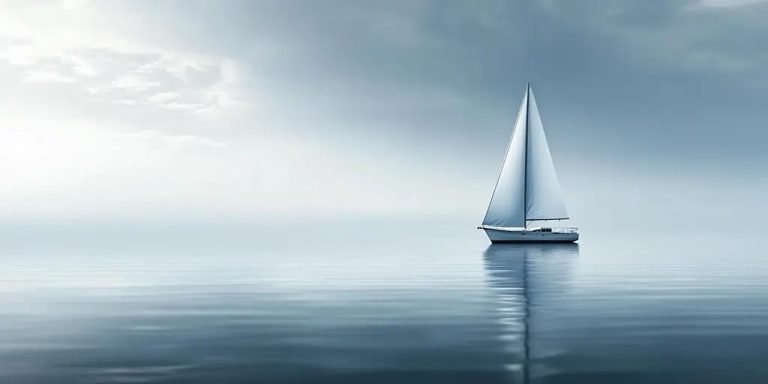Britain and Germany faced hard lessons in “Dunkelflaute,” the latest example of why wishful thinking cannot be relied upon as a source of motivation. For those unfamiliar with this charming German term, it means “dark downturn” – or, indeed, a renewable energy blackout. While we've learned about the virtues of a green energy future, these countries have also gotten a taste of reality: When the wind stops, the whole grand plan fails.
Last Tuesday, Britain's much-anticipated wind farms met a measly 3-4% of electricity demand during peak hours. National Grid has no choice but to increase the number of gas-fired power plants, which meet up to 60% of demand. Meanwhile, solar and biomass put in their best efforts, but as always, their performance fell short. Across the strait, Germany experienced a similar dilemma. Wind speeds dropped so low that the turbines were spinning at just 7% of their theoretical capacity. The question again comes back to coal and natural gas – considered relics of the past but actually the backbone of modern energy security.
“Green” Fantasy and Reality
Climate communicators won’t admit it: renewable energy is a fair-weather friend. When the high-pressure system settles down, the winds die down, and the sun disappears behind the clouds, the entire green energy game will be shaken. Every winter, “Dunkelflate” appears in Europe. However, that doesn’t stop policymakers from pushing for energy systems to become increasingly reliant on wind and solar, asking us to redouble our efforts to build offshore wind farms and solar panels, as if weather-dependent electricity will suddenly become reliable.
The UK's National Energy System Operator (NESO) said “achieving clean energy by 2030” will require “herculean efforts”. We are talking about doubling onshore wind capacity, tripling offshore wind capacity and quadrupling solar generation. Even so, there is recognition that the system will require significant support from nuclear power, battery storage, and natural gas power plants. It's like they know this plan wouldn't work without fossil fuels lurking behind the scenes ready to save the world.
Unlock fantasy numbers
To support this fantasy, NESO envisions a massive expansion not only of wind and solar power plants, but also of “system resilience.” what does that mean? Well, they want the public to adjust energy usage based on availability. Imagine being asked to cook at 2pm because it happens to be windy. That’s the absurdity of what we’re selling: an “eco-friendly” lifestyle where you’re at the mercy of the weather.
Then there's the infrastructure required. NESO's path will require thousands of miles of new cables, towers and redesigned planning systems to connect all of these intermittent sources. After all, they acknowledge that natural gas will still be part of it, justifying its role as a “backup.” In short, natural gas will continue to play an important role during Dunkelflautes.
Insatiable demand for fossil fuels
Chris Stark, one of the government's leading voices in the green movement, recently acknowledged on social media that natural gas is currently the main “backstop.” They want to replace it with, in his words, “low-carbon flexibility”, code for a technology that has not yet reached the scale required. At the same time, we should celebrate the progressive shift towards “renewable energy generation”, especially offshore wind – despite its high costs and instability.
Stark and his colleagues envision a future engineered with energy storage and “flexibility” that reduces reliance on natural gas. But let’s not kid ourselves. Even if small “low carbon” energy sources are developed, they will not magically replace natural gas. We are discussing some experimental technologies to fill the energy demand gap.
why this is important
The truth here is very simple. Europe's renewable energy dream relies on gas, coal and nuclear power. Without these, the entire system cannot boot. Dunkelflaute is just the latest chapter in a long saga that shows renewable energy is currently unable to sustain the modern grid. As much as the green lobby likes to demonize fossil fuels, they are still essential, especially when the wind dies down.
takeout? We cannot give up reliable energy for daydreams. If Europe and the UK want to avoid the bleak winds of the future, they need to face reality and adopt a balanced, reliable energy mix – one that doesn’t leave entire countries helpless in the dark.
Relevant
